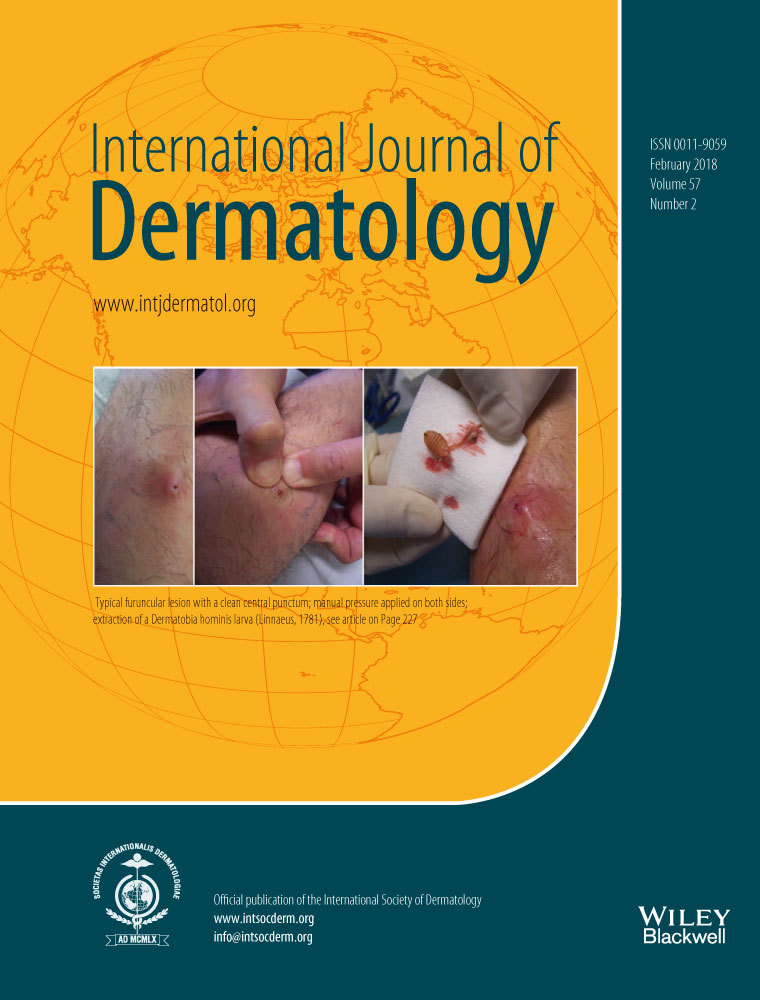Isotretinoin treatment for folliculitis decalvans: a retrospective case-series study
Abstract
Background
The literature includes only a few reports of oral isotretinoin for the treatment of folliculitis decalvans (FD). This study aimed to determine the most effective dose and duration of oral isotretinoin monotherapy for achieving remission in FD patients.
Methods
This retrospective case series study included FD patients that were treated with oral isotretinoin. Patient demographics, clinical characteristics, and treatment details were obtained from the patients’ medical records. Patients were contacted via telephone after treatment was completed and asked about any relapses, time period of relapses, and the long-term effects of the treatment.
Results
The study included 39 male patients with a mean age of 37.9 ± 15.5 years. All of the patients received oral isotretinoin 0.1–1.02 mg/kg/day (10–90 mg/day) for a median duration of 2.5 months (range: 1–8 months). In all, 82.0% of patients healed after the treatment. Patients that received oral isotretinoin ≥0.4 mg/kg/day for ≥3 months responded better, and 66% of them never relapsed.
Conclusion
Contrary to general belief, oral isotretinoin monotherapy resulted in complete response in the majority of patients in this study. Based on this finding, we think oral isotretinoin ≥0.4 mg/kg/day should be given for ≥3 months to minimize the likelihood of relapse. In addition, we think oral isotretinoin monotherapy should be considered a promising treatment alternative for FD that warrants further research.




